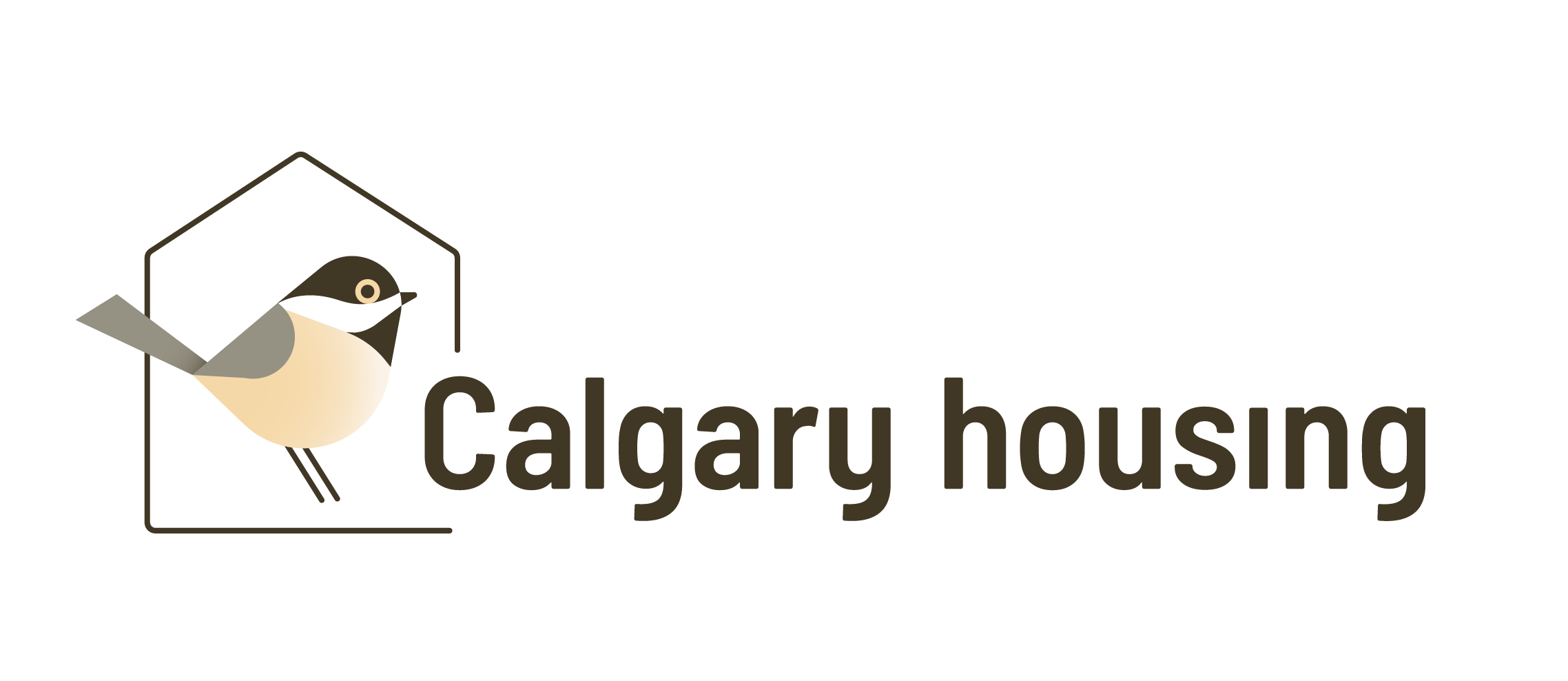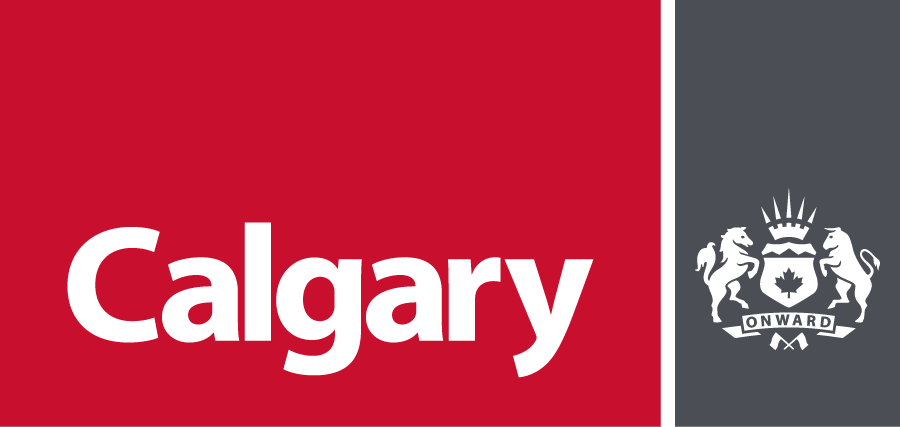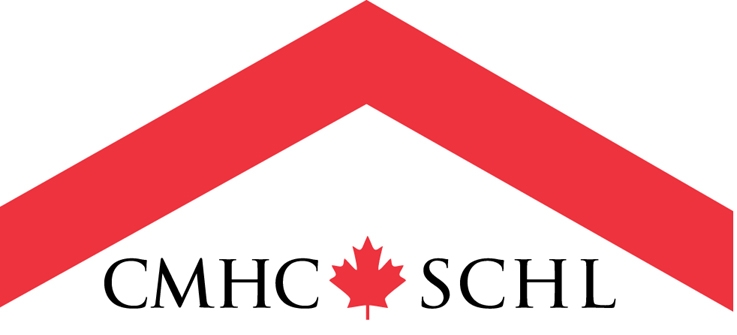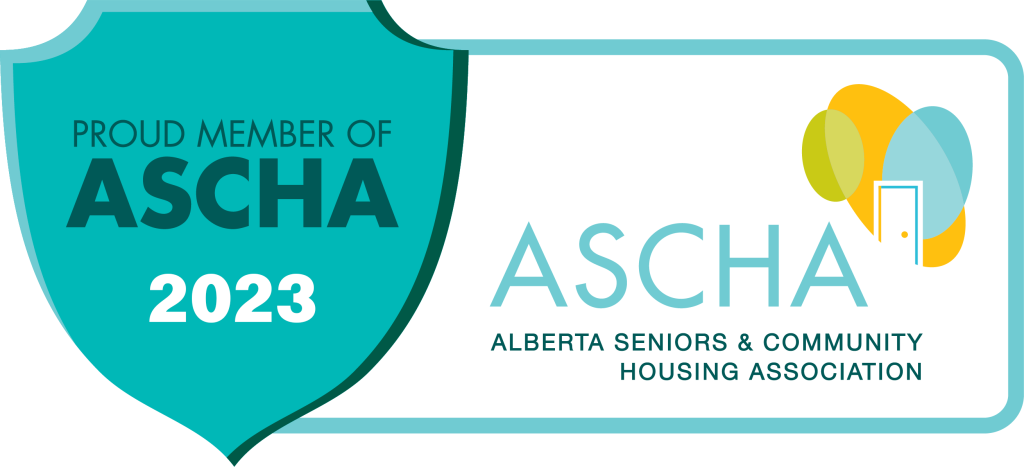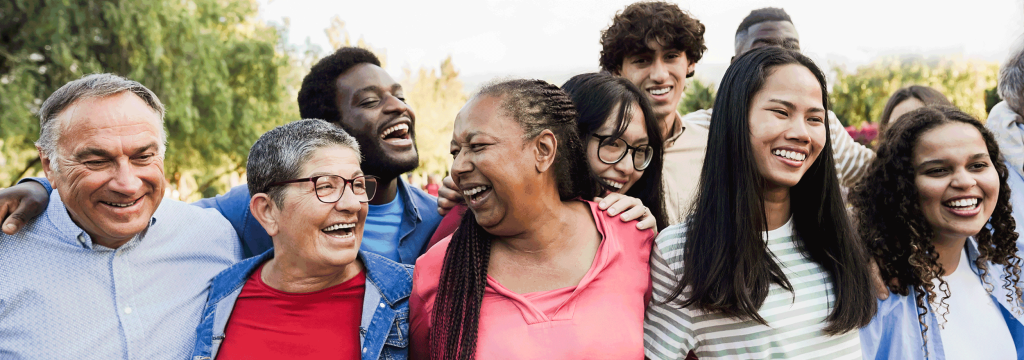2020 Mental Health Week is May 4 – 10
The theme of this year’s mental health week is ‘social connection’ and its importance for mental health. This year we are being called to #GetReal about how we really feel.
People in Canada commonly ask one another how we are, but just as common is to respond with a less than truthful answer. Many of us say ‘we’re good’, even when we’re not. But by simply saying we are ‘Fine’ we miss a chance to connect with others in a meaningful way. When we share our real selves we develop real social connections with others.
Getting real about how we feel and building social connections can actually improve mental health by reminding us we are not alone. According to the Canadian Mental Health Association, each year 1 in 5 Canadians will experience a mental illness or mental health issue, but 5 in 5 Canadians have mental health. It is a system in our bodies that we all share, and it is driven by social connection.
The importance of social connection
Even before COVID-19, loneliness and social isolation were already of major concern in our society. Research shows that people with weak or few social connections are at increased risk for anxiety, depression, anti-social behaviour and suicidal behaviours.
Social inclusion and social integration have been identified by the WHO and the UN as important protective factors for good mental health. Social networks have an influence on self-esteem, coping effectiveness, depression, distress and sense of well-being by providing emotional support, companionship and opportunities for meaningful social engagement.
Social networks and social ties have a beneficial effect on mental health outcomes and studies show that having social connections and being civically engaged are associated with positive mental and physical health and well-being. Research has shown that even having one good friend can save children from being lonely.
Social connection in a time of social distancing
Everyone needs emotional support, but it’s even more important during the COVID-19 pandemic. Some experts have argued that social distancing should actually be called physical distancing, because we still need each other socially.
Phone calls, video calls and other digital technologies offer excellent opportunities for connecting face-to-face, even when we can’t be in the same room and this pandemic can bring us together in unexpected ways. Social connection can help us recover as a community and we know in Calgary that socially connected communities simply respond better to crisis and disaster, and rebound better afterwards.
Adapted from materials provided by the Canadian Mental Health Association in support of Mental Health Week.
About Mental Health Week
Visit the Canadian Mental Health Association Website for more information about Mental Health Week.
Mental Health Resources
Free counselling and mental health supports from carya – call 403.269.9888.
Text4Hope – Text COVID19HOPE to 393939 for daily messages.
211 Alberta – dial 2-1-1 for live social service support in 150 + languages.
The Distress Centre – 24-Hour Crisis Line 403.266.HELP (4357)
kidshelphone.ca – 1-800-668-6868, or text ‘CONNECT’ to 686868, or live chat online.
YWCA Counselling –Call 403-536-2844 to book an appointment.
Alberta Mental Health Helpline
1-877-303-2642.
Alberta Addiction Helpline
1-866-332-2322.
Ways to Stay Connected
A handful of articles with some tips, tools and ideas for staying connected with friends and family while we stay physically apart.
- We should be physically distancing, but remain as social as ever
- Free Tech Tools Have Kept Communities Connected During Coronavirus
- Coronavirus: Ways to stay social online while in self-isolation
- Social distancing can make you lonely. Here’s how to stay connected when you’re in lockdown
- 10 classic board games you can play online with friends
